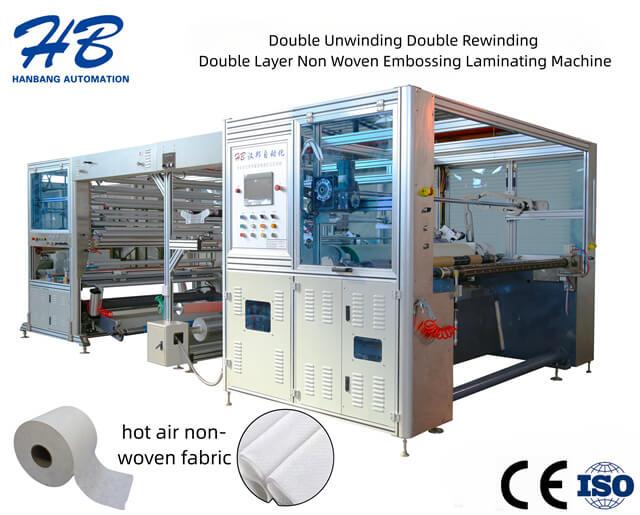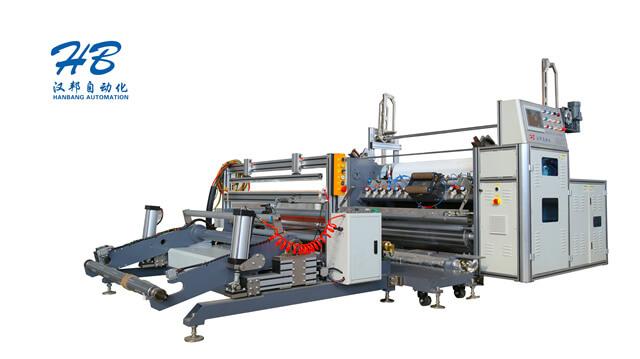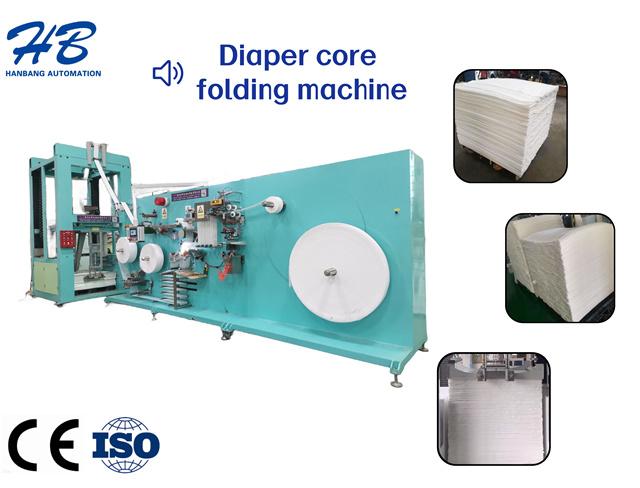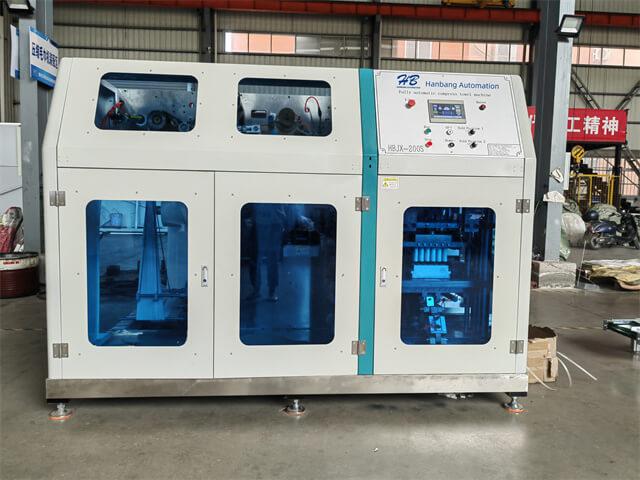Author:HB Nonwoven MachineryFROM:Compressed Towel Machine Manufacturer TIME:2023-11-29
Non woven double layer lamination embossing machines play a crucial role in the production of disposable hygiene products such as diapers and sanitary napkins. These machines are designed to laminate two layers of non woven fabric together, creating a strong and durable material that is used for the outer layer of diapers and sanitary napkins. To ensure the smooth operation and longevity of these machines, proper maintenance and care are essential.
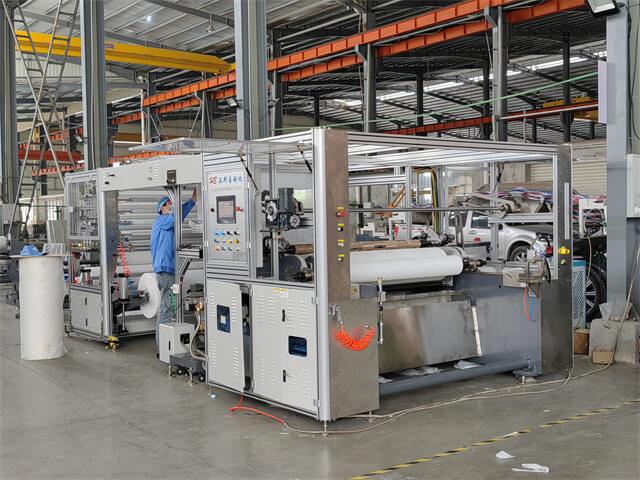
Regular cleaning is necessary to remove any dust, debris, or adhesive residue that may accumulate on the machine. It is important to clean both the interior and exterior parts of the machine, including the rollers, embossing plates, and heating elements. Use a soft brush or cloth to remove any dirt and wipe down the surfaces with a mild detergent solution. Avoid using harsh chemicals or abrasive materials that could damage the machine.
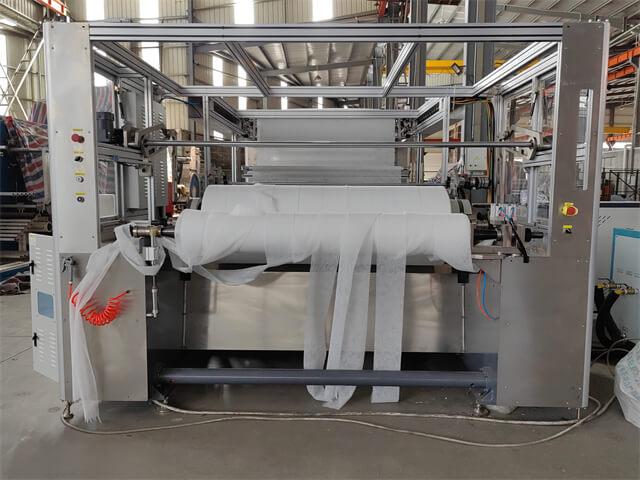
Lubrication is essential to keep the machine running smoothly and prevent excessive wear and tear on moving parts. Apply lubricating oil to the designated areas as instructed by the machine manufacturer. Regularly check the oil levels and replenish if necessary. Be cautious not to over-lubricate as it can lead to oil leakage or interfere with the machine's performance.
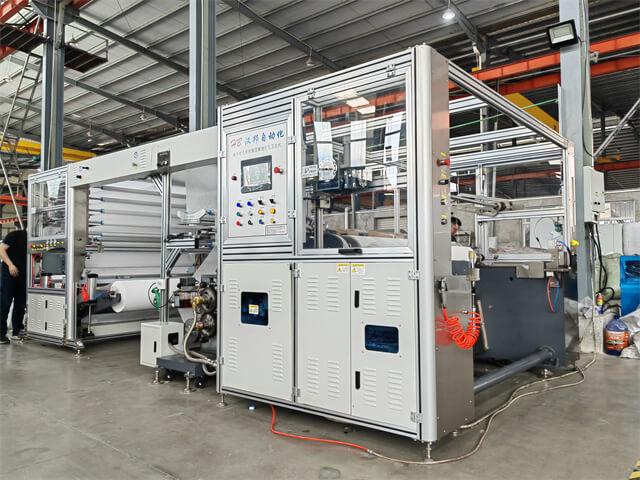
Regularly inspect the machine's components for any signs of wear or damage. Check the belts, gears, and bearings for any looseness or malfunction. Replace any damaged or worn-out parts promptly to avoid further damage to the machine. Consult the machine's manual or contact the manufacturer for guidance on part replacement and servicing.
Proper temperature control is crucial for the lamination process. Monitor and adjust the temperature settings as required by the type and thickness of the non woven fabric being laminated. Improper temperature control can result in poor lamination quality or even damage to the fabric. Regularly calibrate the temperature control system to ensure accurate readings.
Ensure that the machine operators are properly trained on the correct operation and maintenance procedures. They should be familiar with the machine's controls, safety features, and troubleshooting techniques. Provide ongoing training and support to keep the operators updated with any new developments or changes in the machine's operation.
Prioritize safety measures to protect the machine operators and prevent accidents. Provide appropriate personal protective equipment (PPE) such as gloves and safety glasses. Ensure that emergency stop buttons, safety guards, and interlock systems are functional and well-maintained. Regularly conduct safety inspections and address any identified hazards promptly.
Establish a regular maintenance schedule for the machine to prevent unexpected breakdowns and downtime. This schedule should include routine inspection, cleaning, lubrication, and calibration tasks. Keep detailed records of maintenance activities, including dates, tasks performed, and any issues encountered. These records will help track the machine's performance and identify recurring problems.
Engage the services of qualified technicians or service providers for periodic professional servicing of the machine. They have the expertise and tools to conduct in-depth inspections, repairs, and adjustments that may be beyond the scope of regular maintenance. Regular professional servicing can extend the machine's lifespan and optimize its performance.
Maintaining and caring for non woven double layer lamination embossing machines is essential to ensure their longevity and optimal performance. By following a regular maintenance schedule, conducting inspections, and providing proper training to operators, these machines can continue to produce high-quality hygiene products efficiently and effectively.
